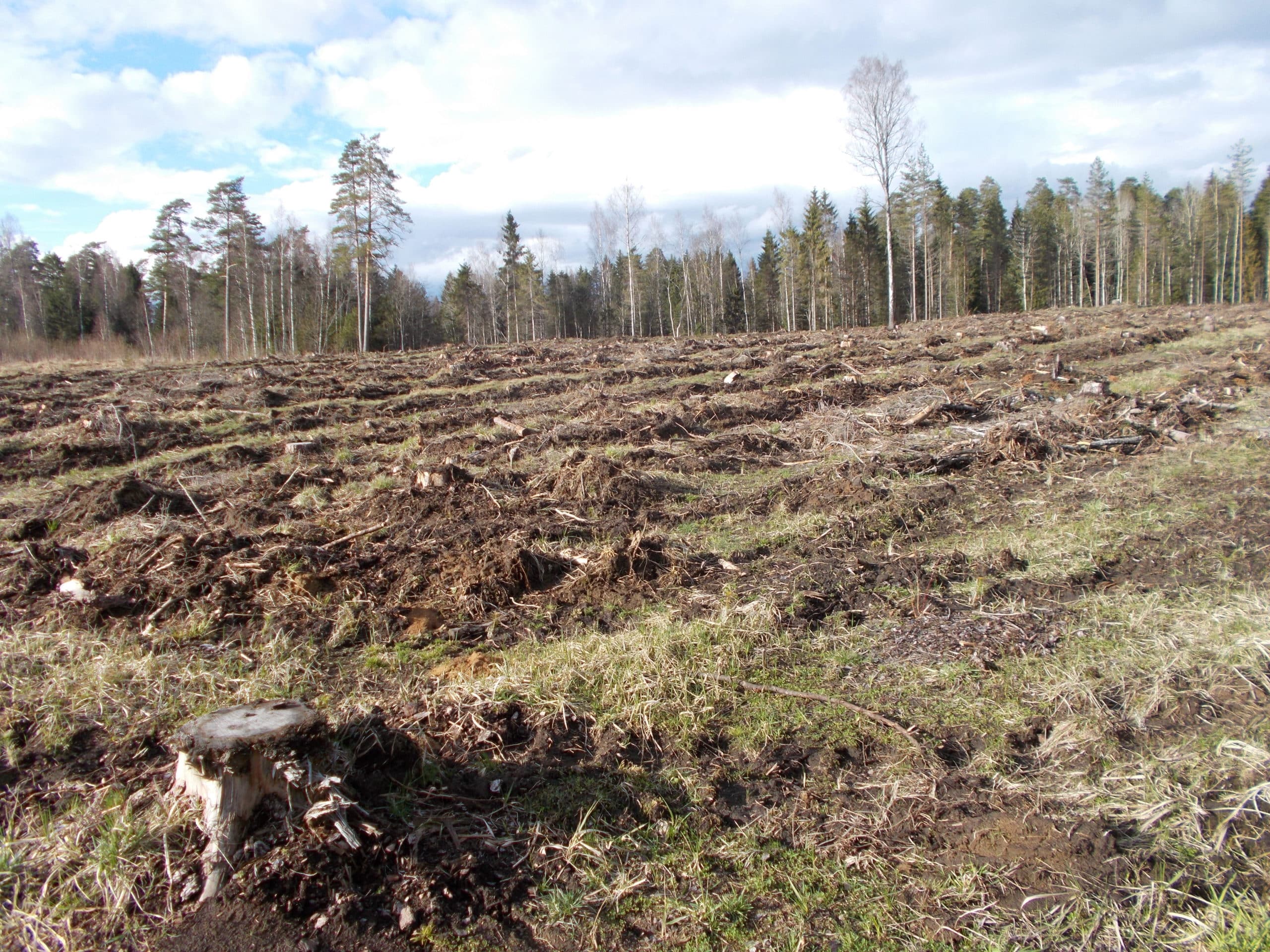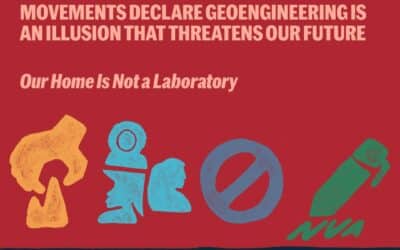La Coalición Mundial por los Bosques, una coalición de más de 100 ONG y organizaciones de pueblos indígenas de 65 países, junto con 27 grupos adicionales, está pidiendo al Ministerio de Medio Ambiente de Estonia que revoque su decisión de rechazar una evaluación de impacto por el Stockholm Environment Institute Tallinn para el Plan de Desarrollo Forestal de Estonia en curso hasta 2030 sobre la base de que utilizó como marco las preocupaciones sobre el clima y la biodiversidad.
Continuar leyendo en ingles…
An open letter by the groups [1] states that Estonia is already one of the EU’s most intensive forest economies and opposition to over-logging is widespread, long-standing and well-grounded in facts. Meanwhile, government officials have promised that the new development plan will become a ‘social contract’ in which everyone will have a voice, however, key forestry decisions are already being made without taking into account that the new development plan might go against these decisions.
“Healthy forests where biodiversity thrives and carbon is sequestered and stored for the long term are crucial for all of us,” said Katja Garson, forests and climate campaigner at Fern. “By rejecting this impact assessment and continuing to prioritise increased and destructive logging, the Estonian Government is effectively abandoning any sustainable long-term vision and action compatible with biodiversity and climate goals.”
The impact assessment determined that an annual logging volume larger than 8 million cubic metres would endanger protected species under the EU Habitats Directive. Official logging volumes in recent years have surpassed that amount by half, and industry has expressed its intent to push logging volumes to 15 million cubic metres per year.
Martin Luiga of Estonian Forest Aid stressed the lack of international supervision over forest matters: “The situation we have here is not unique, it is just an extreme example of what is possible within the current EU framework. Such planning processes deserve much more attention than they usually receive.”
The letter points at biomass energy as the main culprit of the logging expansion. Burning wood for energy is still encouraged by EU legislation, although it has been repeatedly condemned by the EU Commission’s own scientific advisory council. [2]
“Conserving the remaining precious forest areas in Estonia is essential for halting global warming and biodiversity loss,” said Simone Lovera, executive director of the Global Forest Coalition. “It should at all costs be avoided that these forests are destroyed in the name of false solutions to climate change like bioenergy and the so-called bio-economy.”
Notes:
[1] https://globalforestcoalition.org/wp-content/uploads/2020/04/NGO-letter-to-Estonian-Ministry-of-Environment-3.pdf
[2] EASAC: Forest bioenergy, carbon capture and storage, and carbon dioxide removal: an update
Contacts:
Martin Luiga, Estonian Forest Aid +372-56711615 (Estonia)
Simone Lovera, Global Forest Coalition, +595-981-407375 (Paraguay)




